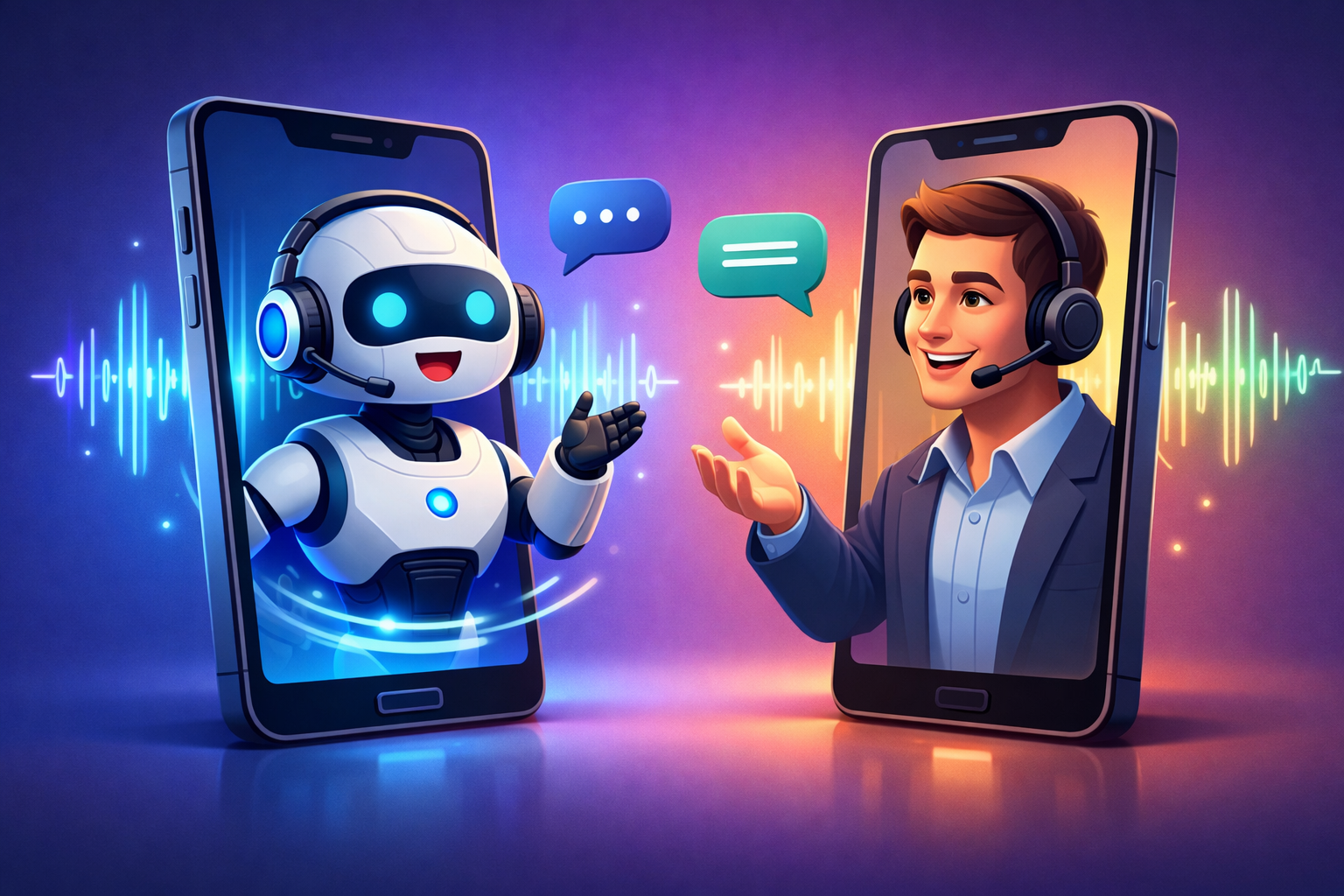The "Genius" Advantage: How Thoughtly's AI Learns from Your Business


Most conversational AIs are generalists. They are trained on a vast amount of public data and can answer a wide range of common questions. But when a customer calls your business with a specific, nuanced question—one that only your team would know the answer to—a generic AI often falls short. It can’t answer, "What are the specific terms of my service agreement with your company?" or "Can you tell me about the warranty on the 'Model 7' generator?"
The real power of an intelligent voice assistant isn't in what it knows about the world; it’s in what it knows about your business. This is the "Genius" advantage: an AI that is purpose-built to become an expert on your unique products, services, and internal processes.
The Problem with a "Generic" AI
A standard conversational AI might be able to handle a basic request like "What are your business hours?" But for more complex inquiries, it quickly reaches its limits. These are the moments when a customer needs to be transferred to a human agent, creating friction, frustrating the customer, and taking valuable time away from your team. A generic AI lacks:
Nuanced Product Knowledge: It doesn't know the specifics of your product line or service offerings.
Internal Process Awareness: It can't answer questions about billing, warranty, or support ticket status.
Access to Private Data: It can't reference your company's documents or knowledge base.
The "Genius" Feature: How It Works
The "Genius" feature bridges this gap, allowing Thoughtly's AI to ingest and understand your company's proprietary information, transforming it into a true expert on your business. It’s a seamless three-step process:
Ingesting the Data: You can upload your company’s internal documents directly into the Thoughtly platform. This includes:
FAQ documents and internal knowledge bases.
Product manuals, spec sheets, and user guides.
Sales scripts, billing policies, and customer support documentation.
Historical call transcripts and chat logs.
Building the Knowledge Graph: Once ingested, the AI doesn't just store the data; it analyzes and organizes it into a comprehensive knowledge graph. This process helps the AI understand the relationships between different pieces of information. For example, it can connect a product model number to its warranty policy and a specific troubleshooting guide.
The Seamless Application: When a customer calls with a question, the AI uses its Genius knowledge to provide a precise, accurate, and personalized answer. It can pull details from a product manual, explain a specific policy, or reference a previous support interaction—all in a natural-sounding conversation. The AI becomes a searchable, conversational version of your entire knowledge base.
The Business Impact: Smarter Conversations, Better Results
The benefits of a "genius" AI go far beyond a simple phone call. They have a tangible impact on your business's bottom line.
Higher First Call Resolution: By equipping the AI with all the information it needs, you increase the number of calls that can be resolved without ever needing a human agent.
Improved Customer Experience: Customers get accurate, instant answers to even their most specific questions, leading to higher satisfaction and loyalty.
Reduced Burden on Human Agents: Your team is no longer needed to answer repetitive, fact-based questions. They are freed up to handle truly complex, emotionally charged, and high-value customer interactions.
A Scalable Information Hub: The AI becomes a single, scalable source of truth for your business's information. It can be a resource for your team as well as your customers, ensuring consistent and accurate information is always available.
In the future of conversational AI, intelligence is no longer about breadth of knowledge; it’s about depth. By training an AI on your unique business, you are not just automating a task—you are creating a strategic asset that will provide superior service and a lasting competitive advantage.


